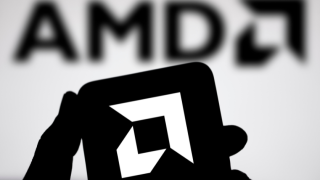The unused spectrum comes from the telco’s 1800Mhz frequency and would be returned to the newly formed National Broadcasting and Telecommunications Commission (NBTC).
DTAC has struggled over the past few years to acquire a 3G licence from state-owned telco, CAT. This new proposal would bypass the deadlock and create a foundation for more advanced next-generation technologies.
Jon Abdullah, CEO of DTAC, told local media that if approved this could be a “win-win” for the Thai telecoms industry and end users.
DTAC has concessions of 50Mhz of the available 1800Mhz for voice services, and 10Mhz of analogue in 850Mhz frequency bandwidth for data services which will both expire in 2018.
True Move, Thailand’s third largest operator and DPC, a subsidiary of AIS must return their respective 12.5Mhz of the 1800Mhz to providers when each concession expires in 2013.
"Thailand's spectrum licensing is a volatile battle between the government parties and the carriers, " said Selinna Chin MD, IDC ASEAN. "DTAC's strategy makes a lot of sense given the strength and momentum of AIS and TRUE Mov."
Abdullah added that the NBTC could combine the three sets of returned 25Mhz and call an auction to issue 4G licences for operators.
DTAC plans to upgrade all of its 2G base stations which would improve network quality and increase capacity by 20%.




